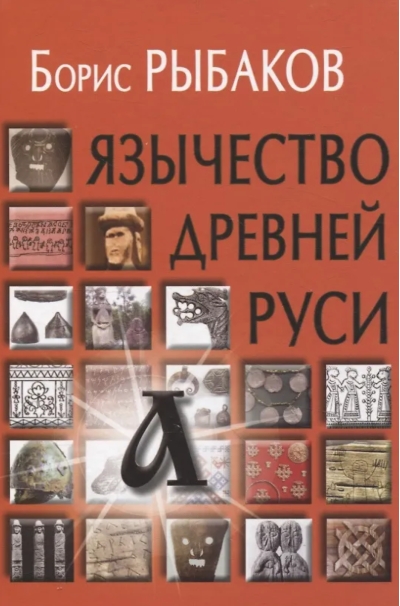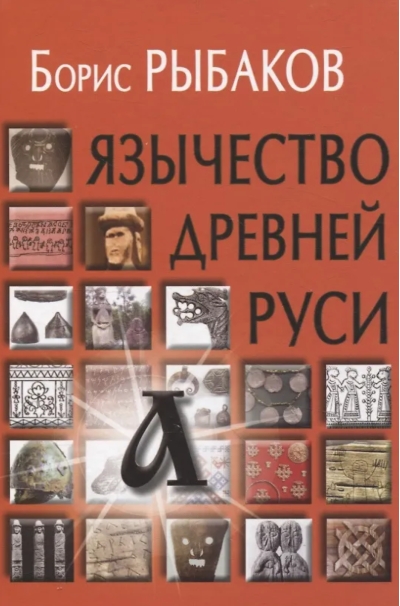Paganism of Ancient Rus'
29.99 €
The only thing available 3
This book is the work of Academician B.A. Rybakov, a distinguished historian and archaeologist, expert on the culture of ancient and medieval Rus', and the founder of the Russian school of medieval studies. It is a continuation of his fundamental two-volume study on the history of the origin and development of paganism among the ancient Slavic-Russian ethnos.
In the first part of the book, the author explores the origins of the pagan culture of the Proto-Slavs during the "Trojan Ages," mentioned by the brilliant author of "The Tale of Igor's Campaign"—those "dark ages" of the life of the Scythians of the Roman era and the East Slavic tribes of the early Middle Ages, during which the mythological and cultic system associated with our often contradictory notions of paganism emerged.
The second part, entitled "The Apogee of Paganism," traces the formation of pagan worship and the priestly class that served it as the most important socio-cultural components of the early statehood of ancient Rus'. Without avoiding controversial issues such as the existence of the supreme god Rod and the Rozhanitsy (female rozhanitsy) or the origins of Prince Vladimir I's pagan pantheon, the author describes in great detail the pre-Christian era of the 10th century, which, in fact, marks the beginning of a centuries-long period of confrontation over the origins of popular pagan culture and the Byzantine Christian culture imposed from above as the national state culture.
In the third part, the author examines the era of de facto Russian dual faith from the 11th to 13th centuries, drawing on both extensive archaeological and ethnographic material and the extremely diverse and still understudied Slavic folklore. This book is intended for students and researchers in the humanities, as well as a wide range of readers interested in the origins of ancient Slavic beliefs and cults.
In the first part of the book, the author explores the origins of the pagan culture of the Proto-Slavs during the "Trojan Ages," mentioned by the brilliant author of "The Tale of Igor's Campaign"—those "dark ages" of the life of the Scythians of the Roman era and the East Slavic tribes of the early Middle Ages, during which the mythological and cultic system associated with our often contradictory notions of paganism emerged.
The second part, entitled "The Apogee of Paganism," traces the formation of pagan worship and the priestly class that served it as the most important socio-cultural components of the early statehood of ancient Rus'. Without avoiding controversial issues such as the existence of the supreme god Rod and the Rozhanitsy (female rozhanitsy) or the origins of Prince Vladimir I's pagan pantheon, the author describes in great detail the pre-Christian era of the 10th century, which, in fact, marks the beginning of a centuries-long period of confrontation over the origins of popular pagan culture and the Byzantine Christian culture imposed from above as the national state culture.
In the third part, the author examines the era of de facto Russian dual faith from the 11th to 13th centuries, drawing on both extensive archaeological and ethnographic material and the extremely diverse and still understudied Slavic folklore. This book is intended for students and researchers in the humanities, as well as a wide range of readers interested in the origins of ancient Slavic beliefs and cults.
See also:
- All books by the publisher
- All books by the author
- All books in the series Ancient Rus: Spiritual Culture and Statehood







